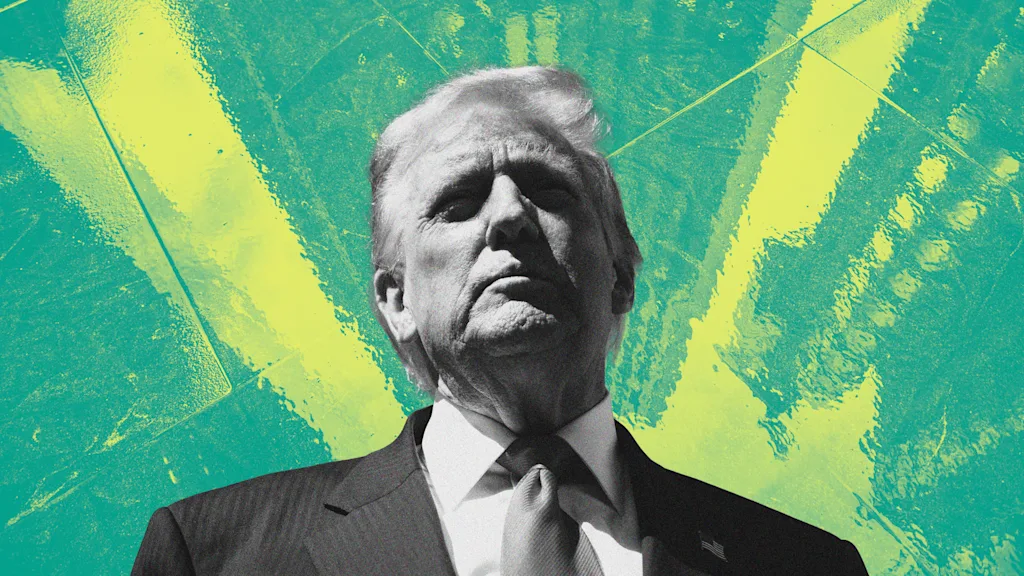Copyright Inc. Magazine

Among the many campaign promises President Donald Trump has swiftly moved to fulfill since taking office in January was his pledge to undertake mass deportations of undocumented foreigners, and reduce the numbers of immigrants permitted to legally enter the country. While his supporters have widely applauded those nativist policies, signs are emerging that these could cause significant labor problems for U.S. businesses in need of highly skilled or low-skilled labor. Sweeps by armed and masked Immigration Customs Enforcement officers, and the president’s September order to increase H-1B visa application fees for specialized or highly skilled workers from a few thousand dollars to $100,000, are described as ways to prevent foreigners from taking jobs from American workers. Debate continues on the benefits of these policies on the domestic workforce, but recent data suggests they may penalize a wide variety of U.S. employers, as well as the national economy. On one end of the employer spectrum are the tech, finance, medical, and other companies that have used H-1B visas to allow highly-trained foreigners legally enter the U.S. and perform jobs they can’t fill with domestic candidates. But according to the Specialist Staffing Group — which works to match businesses with qualified science, technology, engineering, and mathematics (STEM) workers they need to hire — current U.S. attitudes toward immigrants are already sending a perceptible chill through the elite foreign workforce. According to the organization’s survey of 5,000 global STEM professionals, 44 percent of respondents reported they were actively looking into accepting new positions in other countries. About 57 percent of that international group said they’d already accepted job offers in third-party nations. Nearly a quarter of those workers were based in the U.S., with 32 percent of those brainy employees saying they, too, were considering a move to another country. But if that increased mobility trend is spreading among STEM specialists worldwide, why does it pose a particular risk to U.S. businesses? Because the development comes as international competition for those highly skilled, already trained workers is rising, particularly from Europe’s increasingly successful tech companies. Middle Eastern nations are also offering big salaries for elite tech employees. That includes Saudi Arabia now seeking to become an artificial intelligence power, and the United Arab Emirates, which is vying to become a global chip making center. Featured Video An Inc.com Featured Presentation ‘Training ground for talent’ But with that greater competition for STEM and other valued work candidates already rising, the risks of stated U.S. governmental and public hostility to foreign workers — as well as prohibitive H-1B visa costs — could lead to those professionals turning down American job offers they’ve previously jumped at, and instead accepting more welcoming options elsewhere. “The global race for STEM talent is accelerating,” Matt McManus, president of Houston-based Specialist Staffing Group, told the specialized human relations news site HR Dive. “Countries and companies must create environments where people want to build their futures. If we don’t act now, we risk becoming a training ground for talent that powers innovation elsewhere.” On the other end of the labor market spectrum, mass deportations of undocumented foreigners — and so-called self-deportations of their family members as well as some legal immigrants — are already disrupting many industrial sectors. Agriculture, construction, landscaping, hospitality, and health care companies already report shortages of people willing to do the often hard and low-paid work they need done. And with the Trump administration claiming it’s on target to reach 600,000 deportations this year alone, the labor market consequences of its policy are likely to compound over time. Indeed, according to a recent study by the National Foundation for American Policy think tank, forced deportations are expected to decrease the U.S. workforce by 6.8 million people within three years, and by 15.7 million by 2035. And because foreign-born workers have been offsetting continuing declines in the American-born workforce, the report said the current “immigration policies would lead to a potential labor loss to the U.S. economy of approximately 19 million worker years by 2028, and 102 million worker years by 2035.” That not only translates into fewer foreign STEM professionals, tech developers, medical researchers, and other highly-skilled workers that businesses in those sectors rely on to innovate and grow. It also likely means a huge labor shortage for farmers, construction companies, restaurants, hotels, and other businesses that use lower paid labor many Americans don’t want to do. The result of that, a National Foundation for American Policy study concluded, could be enormous. “The (immigration) policies would reduce the projected cumulative goods and services produced (GDP) in America by $1.9 trillion, or $5,612 per person, from 2025 to 2028, and by $12.1 trillion, or $34,369 per person, from 2025 to 2035,” it warned. “The policies would also substantially increase the federal debt… by $252 billion by 2028 (in 2025 dollars) and by $1.74 trillion (or $1.42 trillion in 2025 dollars) between 2025 and 2035. The rise in debt does not include billions of dollars in increased federal spending on border and immigration enforcement.” It also doesn’t take into account the public dissatisfaction, and lost business opportunities likely to occur if companies can’t find enough people to do the work they need to provide goods and services customers want.



